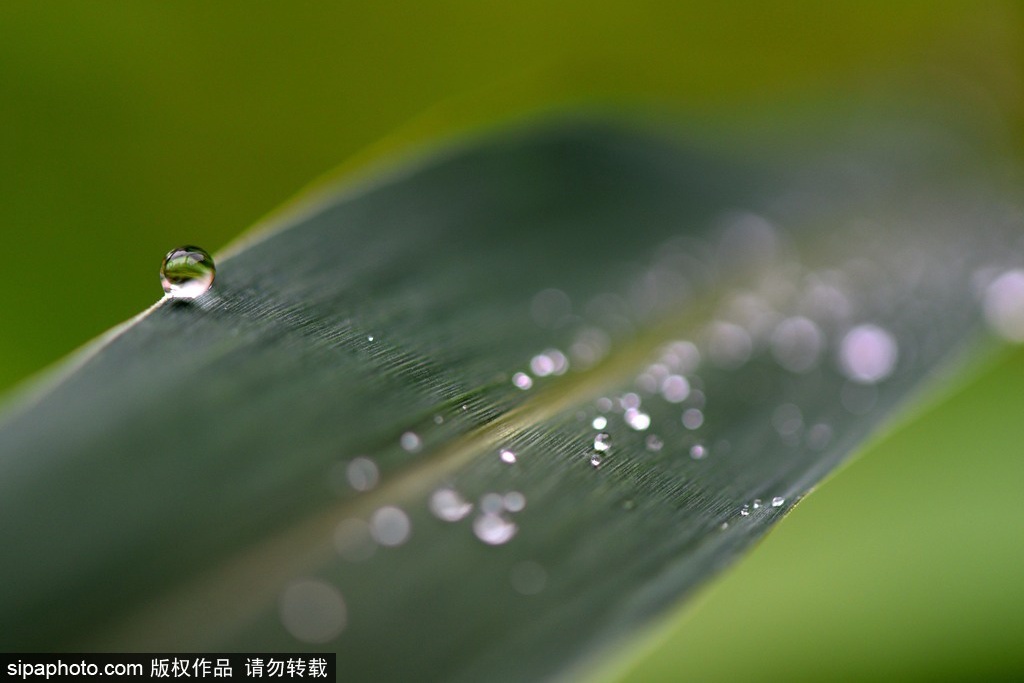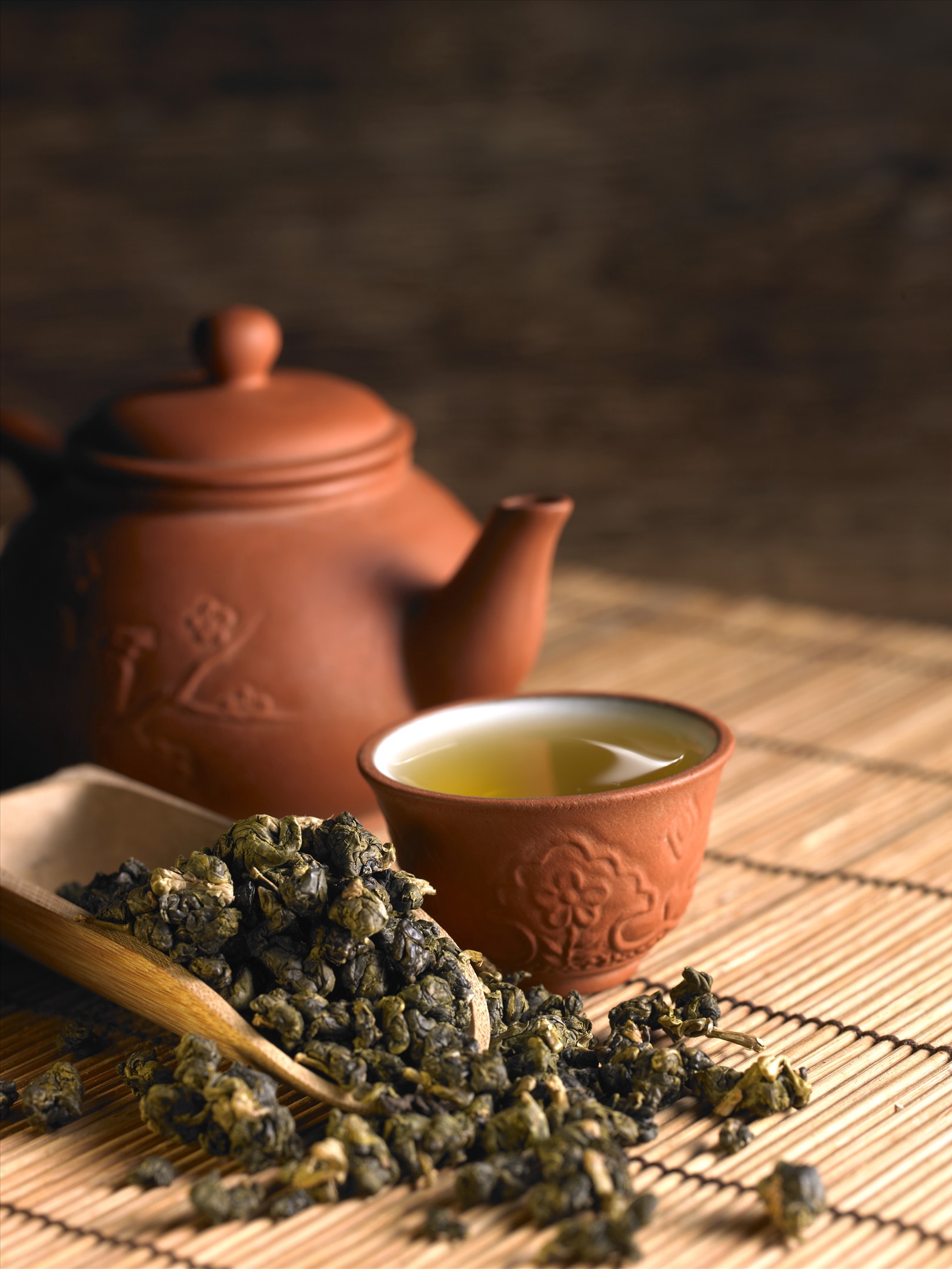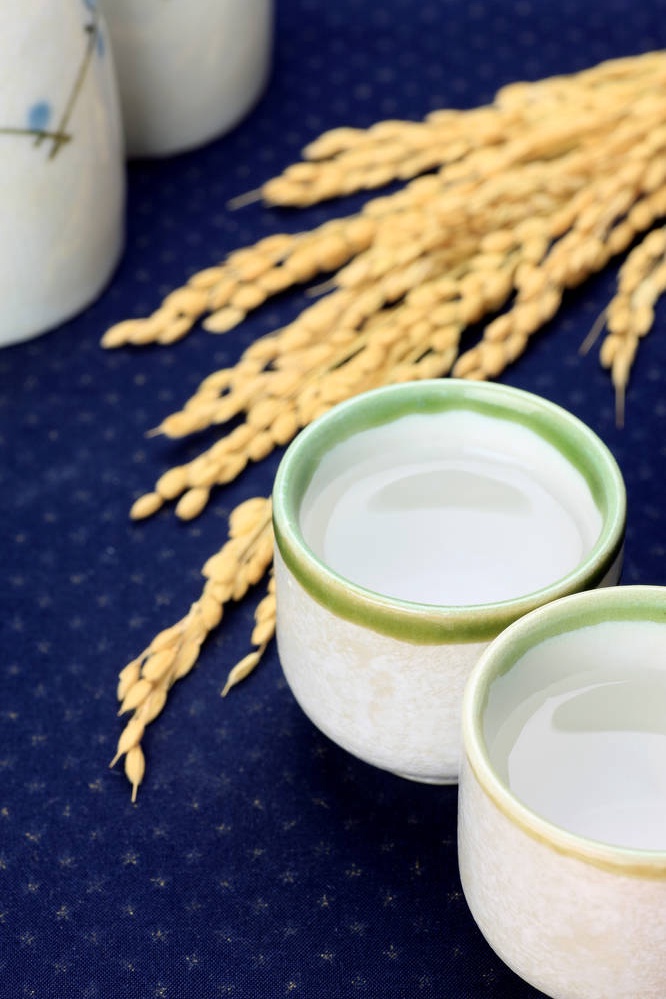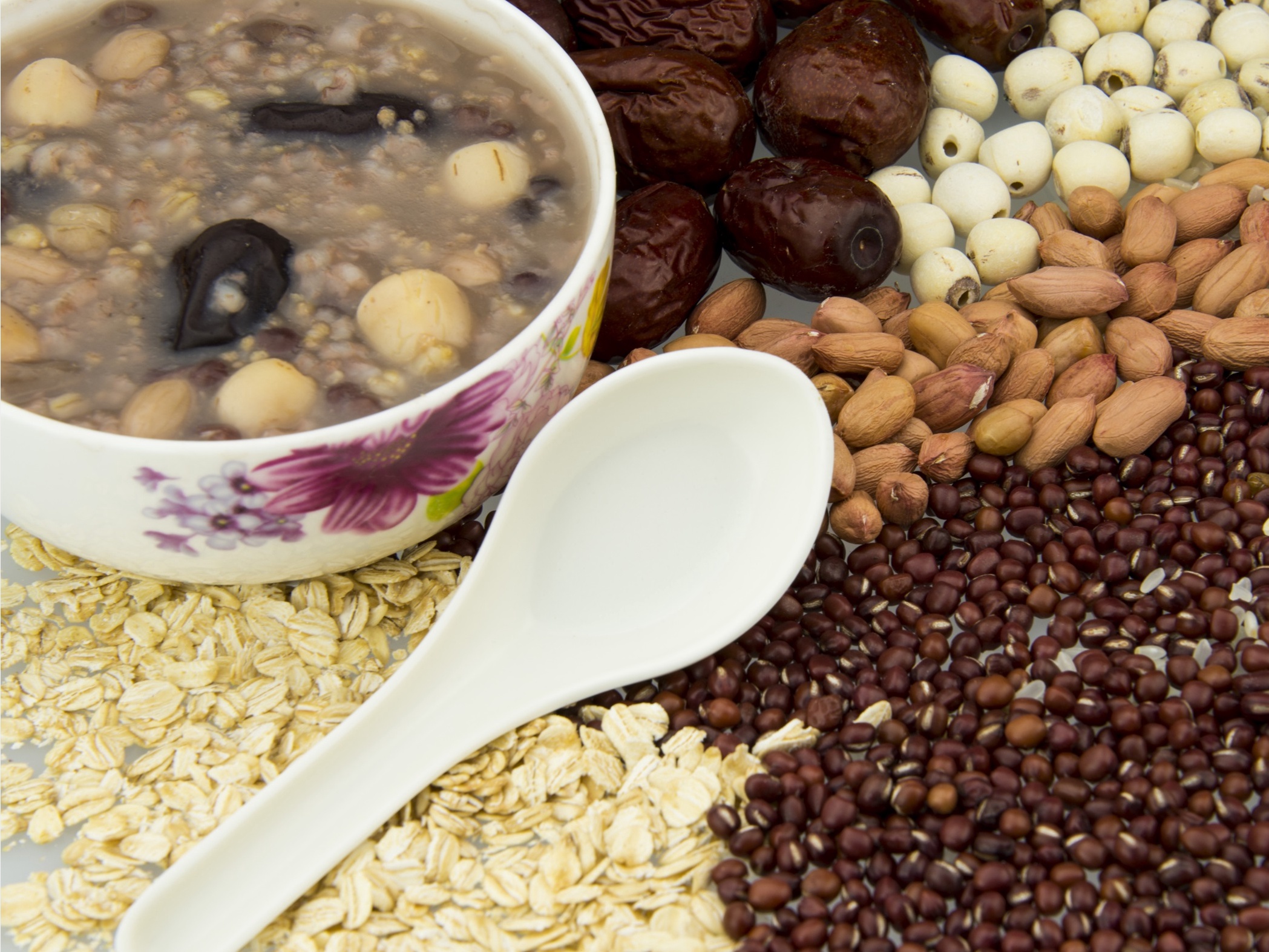
The White Dew is the first solar term in September. The name of this solar term originates from the weather during this period. As it gets cooler while the temperature is still high in the day, and there is a rapid drop in temperature after the sunset. When the night falls, the water vapors in the air condensate into small water drops that stick to the leaves or petals closely. These white drops look even more crystal clear, flawless and endearing in the morning sunlight, and therefore are called white dews. Then there is an obvious feeling that the hot summer has gone and the cool autumn has come.
It is mid-autumn which shares the same climate with spring. Flowers are still flourishing, some of which are even brighter than those in spring, such as hibiscus, begonia, Mirabilis jalapa, cockscomb, and Amaranthus tricolor, especially Miscanthus sacchariflorus waving in wind in the fields.
Worshiping Yu the Great
The folks in Lake Tai, Jiangsu Province have the custom of worshipping Yu the Great. There are grand ritual activities during the White Dew period. Worshipping Yu the Great is also known as worshipping Bodhisattva of Waterway. According to legend, Yu the Great is a hero of river-harnessing, and he is also known as one the ancient sages with Yao and Shun. The folks call him Bodhisattva of Waterway or God of Rivers. Every year on the eighth day of the first month and the seventh day of the seventh month and in the Clear and Bright and White Dew seasons, there will be worshipping festivals of Yu the Great, among which the festivals in the Qingming (Clear and Bright) and Bailu (White Dew) periods are the largest, each lasting for one week. People will go to temple fairs, beat drums and gongs, and dance on the festivals. In Shanxi along the Yellow River, people also worship other gods besides Yu the Great, such as God of Land, God of Flowers, Lady Silkworm, God of Doors, God of Houses, and Jiang Taigong, expressing their yearning and pursuit for a better life.
White Dew Tea

There is a saying that "You'd better drink White Dew Tea in autumn as the spring tea is bitter and summer tea astringent." Having undergone the hot summer, tea trees in the White Dew period are in their best time of growth. The White Dew Tea is neither as tender and non-foaming as spring tea, nor as dry and bitter as summer tea, but it has a unique sweet and fresh scent that is especially popular among senior tea drinkers. In the old days, Nanjing people were very fond of White Dew Tea, so senior tea drinkers would gather together in the season to taste the tea and experience the tradition.
Rice Wine

In the old days, villagers in Jiangsu and Zhejiang provinces would make wine to entertain guests every year in the White Dew season. The White Dew Wine was made from sticky rice, sorghum and other cereals. It was slightly sweet and called White Dew Rice Wine. Chengjiu Wine is the finest of the White Dew Rice Wine. It is named after the Chengjiang River as it is made from the water of the river. Chengjiu Wine is time-honored as it was tribute wine in ancient times.
Health Care

White Dew features a typical autumn climate, and people are tend to have such symptoms as dry mouth, dry lips and chapped skin. The diet should provide spleen tonifying and dryness relieving functions, which should better be bland and sweet food such as autumn pear, barley, sweet potato, tofu and so on.



